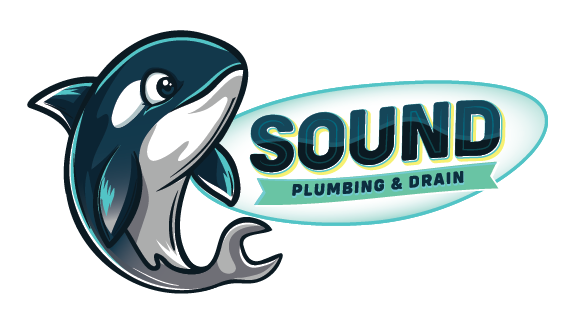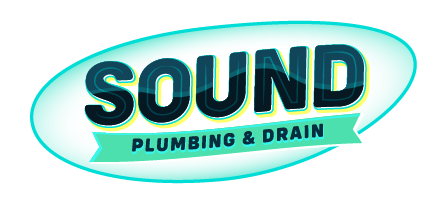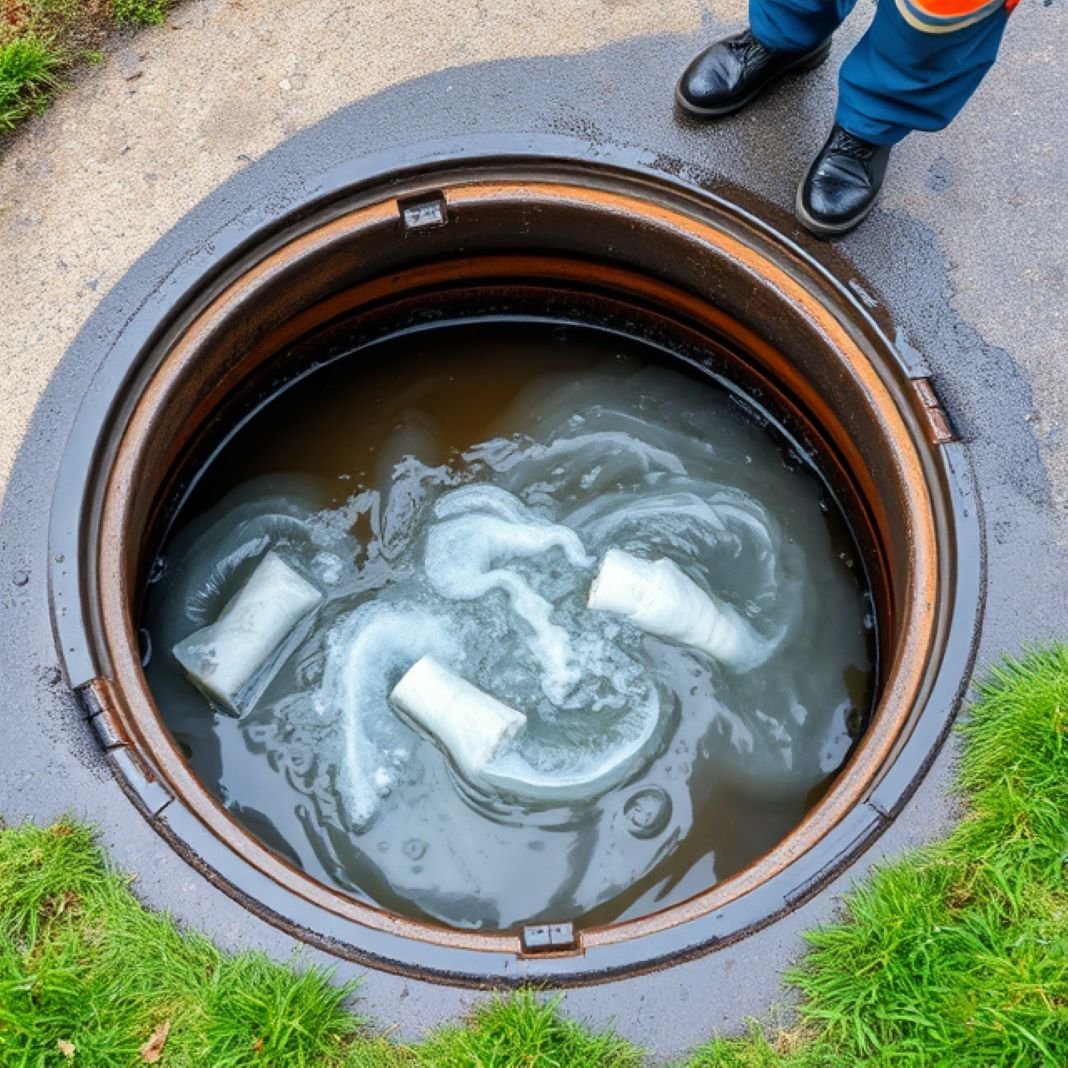Here's What We Have Covered In This Article
What Are the Signs of a Clogged Drain?
Blocked drains don’t always reveal themselves immediately, but there are some clear warning signs to watch out for. Common indicators include:
- Slow draining sinks and baths: If water takes longer than usual to empty, this suggests a partial blockage.
- Foul odours: A persistent bad smell coming from drains is often caused by trapped waste decomposing in the pipes.
- Toilets struggling to flush: Difficulty flushing or water levels rising instead of emptying points to an obstruction in the pipes.
- Wastewater backflow: Seeing water or waste flowing back into your sink, bath, or toilet is a strong sign of a severe blockage.
If you notice one or more of these symptoms, it’s time to act before the problem worsens.
What Causes Drains to Get Clogged?
Drains are designed to carry away water and waste, but introducing the wrong items can lead to build-ups and blockages. Common culprits include:
- Grease, oil, and fat: These substances harden in the pipes, restricting water flow over time.
- Wet wipes: Even “flushable” wipes don’t break down easily and can quickly block pipes.
- Sanitary products: Items like tampons, pads, and liners can cause severe blockages when flushed.
- Food scraps: Bits of food, particularly fibrous or starchy items, can build up and block kitchen drains.
- Foreign objects: Toys, cotton wool, and other items accidentally flushed can cause serious issues.
To keep your drains flowing smoothly, always bin these items instead of flushing them.
How to Handle a Drain Emergency
If you find yourself facing a blocked drain, quick action can help minimise the damage. Here’s what to do:
- Identify the issue: Check if the problem is affecting only your property or if neighbours are also experiencing issues. This will help determine responsibility.
- Locate the blockage: Look at accessible points like sinks, toilets, or outdoor drains to see where the water is backing up.
- Avoid using water: Stop running water to prevent overflow or further strain on the pipes.
- Use gloves and protective gear: If handling the blockage yourself, protect your hands and skin from contamination.
- Try a plunger or drain unblocker: These tools can sometimes dislodge minor blockages.
- Clean the affected area: If wastewater has overflowed, disinfect surfaces and keep pets and children away from the area.
- Call a professional: For stubborn or severe blockages, contact a qualified drainage expert.
Quick action during an emergency can prevent the situation from escalating and limit potential damage to your home.
When Should You Call a Professional?
While minor blockages might be manageable, some situations require professional expertise. Call a drainage expert if:
- DIY attempts fail: If plungers or chemical unblockers don’t work, the issue is likely more serious.
- You suspect a deeper blockage: Pipes further down the drainage system often need specialist tools to clear.
- There’s wastewater flooding: Overflowing water can pose health risks and must be addressed urgently.
- Electrical systems are affected: If flooding reaches wiring or appliances, you’ll need professional help to ensure safety.
- The issue reoccurs frequently: Persistent blockages suggest a structural problem with your drainage system.
Professionals have the tools and experience to diagnose and fix the issue efficiently, preventing further damage and inconvenience.
Rapid Plumbing Repairs in Your Area
Serving homes and companies across Hazel Dell, Vancouver, Portland, and surrounding areas, our expert plumbers are ready to handle any problem. Contact us for fast, reliable services today!
Who Is Responsible for Fixing Blocked Drains?
The responsibility for clearing a blocked drain depends on where the blockage occurs and who it affects:
- Homeowners’ responsibility: If the blockage is within your property boundary and affects only your drains, you are responsible for fixing it. This includes pipes leading from your sinks, toilets, or external drains to the point they connect with the public sewer.
- Shared drains: If the blockage is in a shared drain that serves multiple properties, the local water authority is usually responsible for clearing it. These drains are classed as public sewers.
- Public sewers: For blockages beyond your property boundary, contact your water company. They will investigate and resolve any issues within the public sewer network.
If you’re unsure, check with your water provider to confirm whether the blockage falls under their remit or yours.
Simple Steps to Avoid Drain Emergencies
Preventing drain blockages is often as simple as adopting better disposal habits. Here are some practical tips:
- Flush only the three Ps: Toilets are designed for pee, poo, and toilet paper – nothing else. Avoid flushing wipes, sanitary items, or cotton products.
- Dispose of grease responsibly: Pour leftover cooking oil and fat into a container, let it solidify, and throw it in the bin.
- Use drain strainers: Place strainers over sink and bath drains to catch hair, food scraps, and debris before they go down the pipes.
- Clean drains regularly: Use a mix of hot water, baking soda, and vinegar to keep your drains clear and odour-free.
- Bin sharp and bulky items: Dispose of materials like nappies, wipes, or plastic in the rubbish bin rather than attempting to flush them.
These habits not only reduce the risk of blockages but also help prolong the lifespan of your drainage system.
Did You Know?
Increased Plumbing Issues Post-Thanksgiving: The day after Thanksgiving, known as “Brown Friday,” is the busiest day of the year for plumbers due to a significant rise in plumbing problems. For instance, Los Angeles experienced a 73% increase in plumbing-related searches during this period, with specific services like “plumbing repair” surging by 400%.
Significant Water Loss Due to Household Leaks: Household leaks in the U.S. can waste nearly 10,000 gallons of water per year. Despite this, less than 20% of homeowners take precautionary steps to protect their homes against water damage.

How Professionals Fix Clogged Drains
When blockages require expert attention, professionals use advanced tools and techniques to resolve the issue effectively:
- Rodding: Flexible rods are pushed into the drain to break up or dislodge blockages. This is a quick and cost-effective method for minor obstructions.
- High-pressure jetting: A jet of water is used to blast away stubborn clogs and clear grease or debris from the pipe walls.
- CCTV inspections: A small camera is sent down the drain to locate and diagnose the cause of the blockage. This approach is invaluable for identifying underlying structural issues.
- Drain excavation: For severe blockages or damaged pipes, excavation might be required to access and repair the affected area.
- Root removal: If tree roots have invaded the drainage system, professionals use specialist tools to cut through and remove them without damaging the pipes.
These methods ensure blockages are dealt with comprehensively, reducing the likelihood of recurrence.
Why You Should Avoid DIY for Major Blockages
While it may be tempting to handle a blocked drain yourself, DIY solutions can often make things worse. Here’s why:
- Lack of tools and expertise: Many blockages require professional equipment to clear effectively. DIY attempts may not reach deep or stubborn obstructions.
- Risk of damage: Improper use of tools like plungers or chemical drain cleaners can damage pipes, leading to costly repairs.
- Health hazards: Blockages involving wastewater carry risks of contamination. Professionals have the training and protective equipment to handle these safely.
- Hidden problems: DIY fixes might address the symptoms, not the cause. Professionals use tools like cameras to identify and resolve underlying issues.
- Escalation of the problem: Attempting to force a blockage out can compact it further, making it harder and more expensive to clear.
For serious or persistent blockages, calling a qualified drainage expert is always the safest and most effective option.
Plumbing Upgrades for Homes and Businesses
From water heaters to trenchless solutions, we serve communities like Hazel Dell, Salmon Creek, Vancouver, and Portland. Upgrade your system with our expert team—get a free quote now!
Top Myths About Drain Cleaning
Misunderstandings about drain cleaning can lead to ineffective or harmful practices. Here are some common myths debunked:
Myth: Hot water and soap can clear grease blockages. While hot water may temporarily melt grease, it quickly solidifies further down the pipe, worsening the issue.
Myth: Flushable wipes won’t cause blockages. Even wipes labelled “flushable” don’t break down as toilet paper does. They accumulate and clog pipes.
Myth: Chemical drain cleaners are the best solution. These products may clear minor clogs but can corrode pipes and harm the environment over time.
Myth: Drains only clog if something is flushed. Over time, even small amounts of soap scum, hair, and other debris can build up and cause blockages.
Myth: DIY tools are as effective as professional equipment. Household plungers and augers may help with minor clogs but can’t address deeper or more complex blockages.
Understanding these myths helps homeowners make smarter choices for effective drain maintenance and repair.
The Role of Emergency Drain Specialists
In drainage emergencies, time is of the essence. Here’s how 24/7 emergency specialists provide invaluable help:
Rapid response: Emergency services are available round-the-clock, ensuring fast action to minimise property damage.
Professional-grade tools: Specialists use advanced equipment, like high-pressure jetting machines and CCTV cameras, to diagnose and resolve issues efficiently.
Expertise in handling hazardous situations: Blocked drains involving wastewater or sewage require safe handling, which trained professionals can provide.
Comprehensive repairs: Beyond clearing the blockage, experts inspect pipes for underlying damage or recurring issues, offering long-term solutions.
Peace of mind: Knowing an experienced team is managing the situation allows you to focus on other priorities during an emergency.
When a drainage emergency arises, relying on specialists ensures a prompt, effective, and safe resolution.
What to Do If Sewage Is Leaking Outdoors
Sewage leaks are not only unpleasant but also hazardous to health and the environment. Follow these steps to manage the situation:
- Assess the severity: Check whether the leak is confined to your property or affecting public areas.
- Stay away from contaminated areas: Keep children and pets away from the spill, and avoid contact yourself.
- Report the issue: If the leak is outside your property boundary, notify your local water authority. Provide details such as:
- Location of the leak (e.g., road name or landmark)
- Severity of the spill
- Whether sewage is entering rivers or watercourses
- Prevent further damage: Avoid running water or flushing toilets to reduce the flow into the affected area.
- Cooperate with specialists: Allow the water authority or drainage professionals to investigate and resolve the issue.
Prompt reporting and action help mitigate health risks and environmental damage caused by sewage leaks.
How to Safely Dispose of Common Waste
Improper waste disposal is a leading cause of blocked drains. Here’s how to manage common items responsibly:
Cooking oil, grease, and fat: Pour into a disposable container, let it cool, and throw it in the bin. Never pour grease down the drain, even with hot water.
Wet wipes and sanitary products: Wrap these in toilet paper or biodegradable bags and place them in the bin.
Food scraps: Use a food waste bin if available, or throw scraps in your general waste bin. Avoid rinsing large pieces of food down the sink.
Chemicals and paints: Take these to your local recycling centre or hazardous waste facility. Never dispose of them down the drain.
Medicines and needles: Return unused or expired medication to a pharmacy. Dispose of needles in designated sharps bins provided by healthcare professionals.
Following these practices keeps your drains clear and reduces the risk of costly blockages or environmental harm.
Benefits of Regular Drain Maintenance
Regular drain maintenance is a simple way to keep your home’s drainage system functioning efficiently and avoid unnecessary expenses. Here’s why it matters:
- Prevents costly repairs: Small blockages and wear can escalate into expensive emergencies if left unaddressed.
- Extends pipe lifespan: Routine cleaning removes debris and buildup, reducing strain on the system and prolonging its life.
- Reduces health risks: Regular maintenance prevents wastewater backups that can pose health hazards.
- Improves water flow: A well-maintained system ensures smooth drainage, eliminating slow sinks and foul odours.
- Identifies hidden issues early: Inspections during maintenance can reveal potential problems, like cracks or root intrusion, before they worsen.
Investing in regular upkeep saves time, money, and inconvenience in the long run.
The Importance of Prompt Action in Emergencies
When a drain emergency occurs, acting quickly is essential. Delaying action can lead to:
- Worsened damage: Standing water can cause structural damage, particularly to floors and foundations.
- Health hazards: Exposure to wastewater increases the risk of contamination and illness.
- Increased costs: The longer a problem goes unresolved, the more expensive the repairs can become.
- Environmental impact: Untreated leaks or overflows can harm local ecosystems if sewage enters waterways.
Calling a professional immediately ensures the problem is managed effectively, protecting your home and your health.
FAQs About Blocked Drain Emergencies
Is a blocked drain classed as an emergency?
Yes, a blocked drain can be an emergency if it causes wastewater to back up into your home or leads to flooding. Immediate action is necessary to prevent health risks and property damage.
How to unblock a severely blocked drain?
For severe blockages, avoid using chemical drain cleaners as they may damage pipes. Instead, try these steps:
- Use a plunger to create suction and dislodge the blockage.
- Employ a drain snake to reach deeper obstructions.
- Call a professional drainage service for expert tools like high-pressure jetting or CCTV inspections.
Is a clogged drain considered an emergency?
A clogged drain becomes an emergency when it disrupts essential functions, like flushing toilets or draining sinks. Blockages involving sewage or wastewater backups should always be treated as urgent.
How do you unclog a severely clogged drain?
To clear a severe clog:
- Stop using water to prevent overflow.
- Try a plunger or drain auger to remove the blockage manually.
- If unsuccessful, contact a professional who can use advanced tools like rodding or jetting to clear the drain safely.
Keep Your Plumbing in Good Shape with Specialist Maintenance
Our maintenance services cover areas within a 25-mile radius of Hazel Dell, including Vancouver, Battle Ground, and Portland. Book a plumber today and prevent costly jobs in future.





